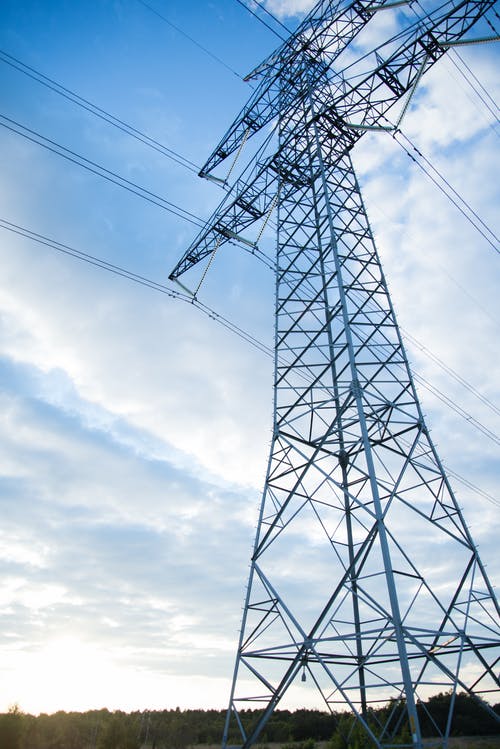U.S. Energy Department Announces $4.9 Billion Conditional Loan Guarantee to Major Midwest Power Line

The U.S. Energy Department on Nov. 25 announced a conditional commitment for a loan guarantee of up to $4.9 billion to Grain Belt Express LLC to help finance a high-voltage direct current interregional transmission project. The 2,500-megawatt (MW) power line would run approximately 578 miles between Kansas and Missouri.
The transmission project – Grain Belt Express Phase 1 – will connect three key transmission regions: the Southwest Power Pool, the Midcontinent Independent System Operator, and Associated Electric Cooperative Incorporated. The line will vastly improve the interregional transfer capacity between states in the region. Advancing HVDC transmission is considered crucial for accelerating energy integration into the grid and enhancing transmission capacity nationwide. Its superior efficiency and reduced line losses compared to conventional alternating current transmission systems make HVDC particularly well-suited for transporting substantial amounts of power over long distances and connecting different grid regions.
The project addresses a key concern about insufficient interregional transfer capacity between states in the face of increasing electricity demand. The interregional transmission capacity between SPP and MISO regions may have to increase ten-fold its current amount, to meet the growing demand by 2035, according to the department. The project could reduce around 3.1 million tons of greenhouse gas emissions per year.
Separately, the department announced up to $289.7 million conditional commitment to Sunwealth Holdco 18 LLC’s Project Polo for the installation of 1,000 solar photovoltaic systems and battery energy storage systems across 27 states. Sunwealth, a Massachusetts-based solar investor, operator and developer, will use its distributed energy management software platform to operate a virtual power plant. The company will deploy these solar systems and battery energy storage systems to serve community solar projects, industrial facilities, and residential customers. The installations would have a combined capacity of 168 MW of solar and 16.8 MW of battery storage. The company estimates that Project Polo could avoid up to 4.07 million metric tons of carbon over the project’s lifespan.
EnerKnol Pulses like this one are powered by the EnerKnol Platform—the first comprehensive database for real-time energy policy tracking. Sign up for a free trial below for access to key regulatory data and deep industry insights across the energy spectrum.
ACCESS FREE TRIAL